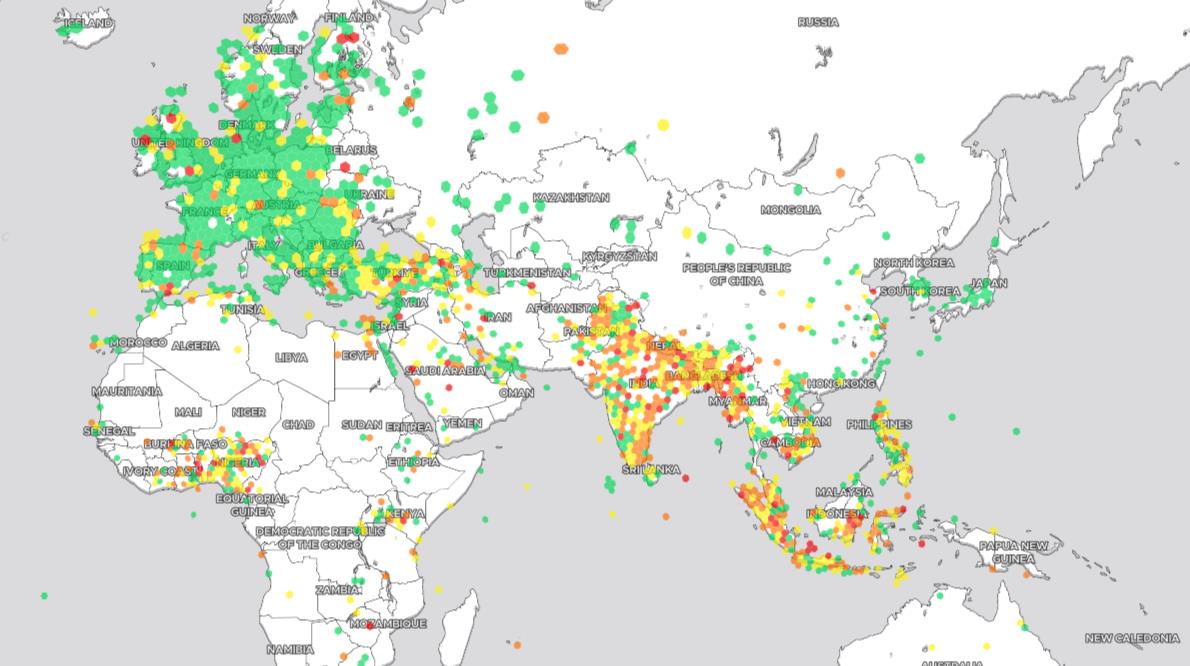
35,000 Smartphones Transform into Noise Sensors
The Silencio Network, a project aimed at tackling the problem of global noise pollution, has integrated with the Peaq blockchain ecosystem. Currently, more than 35,000 smartphones are being utilized as noise sensors through this partnership. The Silencio Network has an ambitious goal of working on one million devices by next year and its noise sensors cover 176 countries.
Web3 Citizen Science: Tokenized Rewards for Noise Pollution Data
The Silencio Network utilizes a concept it calls "Web3 citizen science" where community members receive tokenized rewards for providing "hyper-local" noise pollution data. In an interview with Cointelegraph, the co-founders of Silencio, Thomas and Theo Messerer, explained that their motivation for tokenizing sound data stems from their personal experiences and their work in deploying Decentralized Physical Infrastructure Networks (DePINs) in Europe.
Over a Billion Data Points Collected
According to Theo Messerer, Silencio has already collected over a billion data points from its network of devices. The majority of contributions have come from Europe, North America, and Southeast Asia. Silencio's explorer maps demonstrate average noise level variations from country to country, with urban areas generally being louder than rural ones. The issue of noise pollution is particularly acute in the developing world.
Early Stages, but Promising Potential
Although Silencio's technology has only been deployed on smartphones since February, the team believes that the potential for understanding noise levels and patterns is significant. They acknowledge that they are still in the early stages and that noise levels cannot be determined in detail due to limited data density and variety.

Protecting User Privacy
Silencio takes user privacy seriously and has implemented a range of measures to safeguard it. The collected data measures decibel levels, not the actual audio content. Users have the option to opt-in for location tracking with explicit consent, and all collected data from a specific location is anonymized and encrypted within the app.
Addressing a Global Health Concern
Hearing loss is a prevalent global health concern, and noise pollution plays a significant role in this issue. Till Wendler, the co-founder of Peaq, emphasized the financial cost of noise pollution to the world GDP and emphasized the importance of using Web3 mechanisms, along with citizen science, to crowdsource data and ultimately solve this crisis.
Joining the Web3 Movement
Silencio's efforts to combat noise pollution are just one example of how blockchain technology is being applied to physical objects in the Web3 space. By utilizing smartphones and other objects as noise sensors, initiatives like Silencio create efficiency and serve as a bridge to the expanding digital world.
Did you miss our previous article...
https://trendinginthenews.com/crypto-currency/bitcoin-bollinger-bands-point-to-potential-breakout-as-price-fights-for-27k






